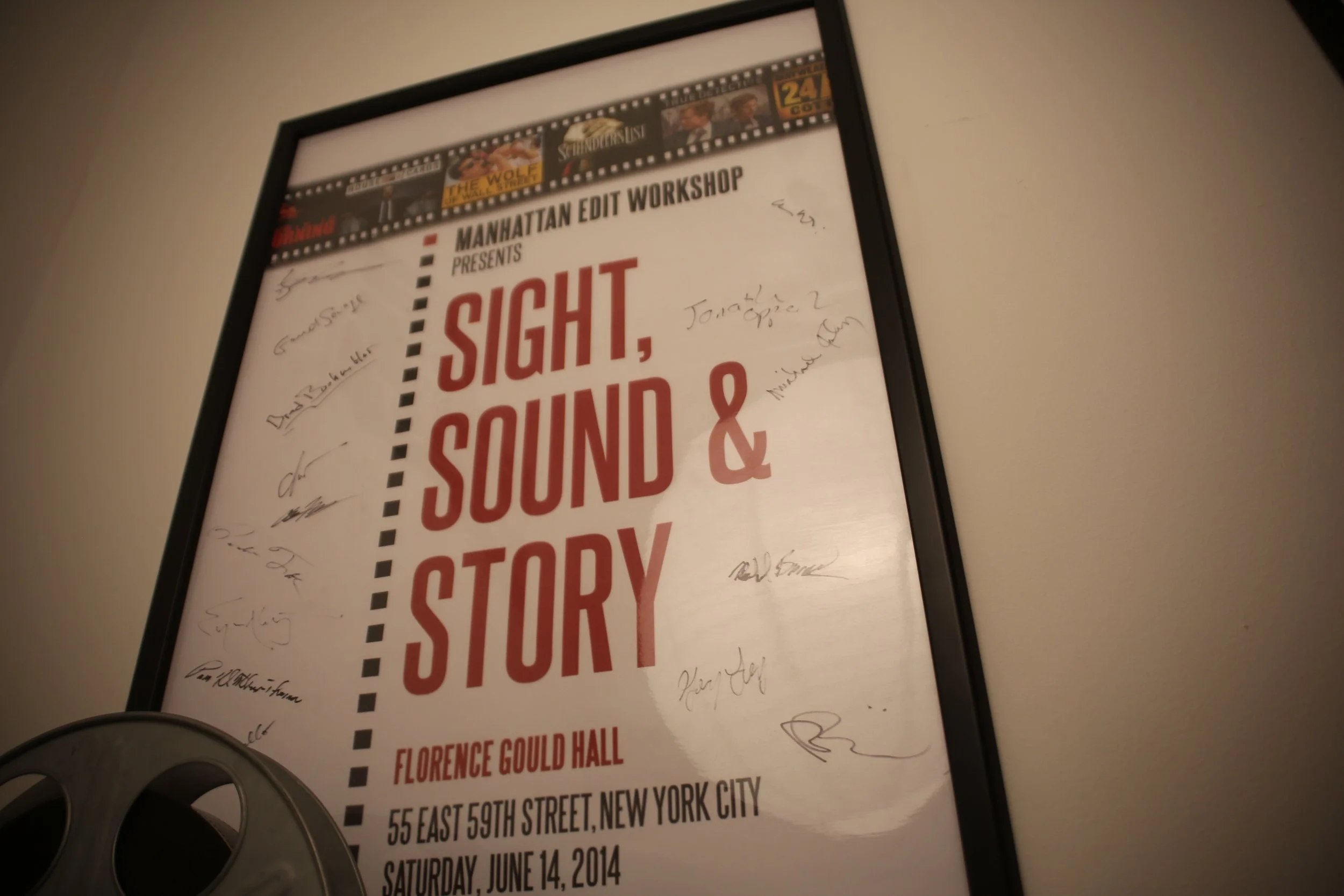In a recent TALKING MEWSHOP podcast hosted by Raphi Salem and presented by the Manhattan Edit Workshop, legendary film editor Paul Hirsch sat down for an illuminating conversation about his decades-long career. Known for editing classics like Star Wars, Ferris Bueller’s Day Off, Footloose, Mission: Impossible, and Empire Strikes Back, Hirsch offered an honest and often humorous glimpse into a life spent shaping some of the most iconic films in Hollywood history.

